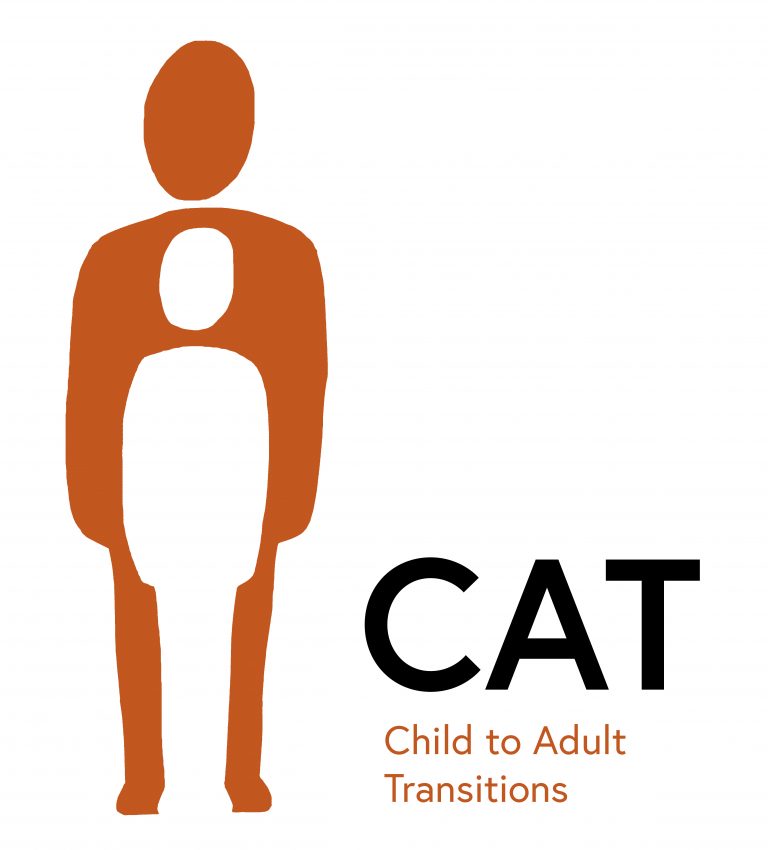

When adolescents with chronic physical or mental illnesses become adults, their medical care ends in paediatric and adolescent medicine. The departments for adult treatment are then responsible. A German-Danish research and innovation project with the participation of the University Hospital Schleswig-Holstein (UKSH) is looking for new ways to improve this transition phase. The aim is to provide more support for young people and thus prevent therapies from being interrupted or discontinued. The project “CAT: Child to Adult Transitions” is receiving around 2.6 million euros from the European Union’s Interreg Deutschland – Denmark funding programme. The project is led by the Danish Zealand University Hospital.
“CAT is based on the cross-border exchange of knowledge, cooperation and extensions of capabilities of the hospitals. In this way, Denmark and Germany are jointly developing a strong approach to supporting young patients,” says Prof. Dr. Dr. h.c. mult. Jens Scholz, Chairman of the Board of UKSH.
Together, the Danish clinics, scientific, and medical teams and the UKSH and the Universities of Kiel and Lübeck want to develop new care models for the transition phase of patients suffering from mental or rheumatic diseases within the next three years. Project partners at the UKSH are the Centre for Integrative Psychiatry (ZIP) with the Clinic for Psychiatry and Psychotherapy in Lübeck (Clinic Director Prof. Dr. Stefan Borgwardt) and the Institute for Child and Adolescent Psychiatry in Kiel (Deputy Institute Director Prof. Dr. Alexander Prehn-Kristensen), the Clinic for Child and Adolescent Medicine I in Kiel (Senior Physician PD Dr. Philipp von Bismarck) and the Centre of Excellence for Inflammation Medicine in Kiel (Senior Physician PD Dr. Rainald Zeuner).
The transition from paediatric to adult treatment involves many obstacles for young people. There is often a lack of information and orientation in the new clinical environment. For the first time, the experiences and needs of adolescents and young adults are systematically investigated in the project. The cross-border cooperation of the project partners, the exchange of experiences and data should contribute to the development of innovative clinical transition programmes for 14 to 25 year-olds.
“Low-threshold offers are important, for example through transition teams that accompany the young people as permanent contact persons,” says Prof. Dr. Stefan Borgwardt. “Many serious mental illnesses begin in adolescence, for example depression or addiction. We have just started a new programme in Lübeck for the early detection of mental illnesses in adolescence and can bring many ideas from this programme into the CAT project.”
The expert teams of the Clinic for Paediatrics and Adolescent Medicine I and the Centre of Excellence for Inflammation Medicine at the Campus in Kiel, which treat adolescents with chronic joint inflammation, also have experience in the transition of young patients. The rheumatology departments have been working together for many years to ensure that the step into adult medicine is successful. “We hope that our participation in the project will further improve the very sensitive transition process,” says PD Dr Philipp von Bismarck. “A key role is played by the patients’ communication with the medical team and the exchange between the treating disciplines. New digital solutions should improve the communication channels and remove young people’s inhibitions about contacting their doctor.”
A conference to launch the project took place in Roskilde, Denmark, on the 21st of March. A total of ten German and Danish institutions are involved.
Dänische Projektpartner
- Zealand University Hospital, Department of Rheumatology, Lead partner
- Zealand University Hospital, The Research Department
- Zealand University Hospital, Department of Children and Youth Psychiatry
- Region Zealand, Department of Child and Adolescent Psychiatry
- Region Zealand Mental Health Services, Psychiatric Research Unit
- Trifork Public A/S
Deutsche Projektpartner
- UKSH, Campus Kiel, Klinik für Kinder- und Jugendmedizin I
- UKSH, Campus Kiel, Exzellenzzentrum Entzündungsmedizin
- UKSH, Zentrum für Integrative Psychiatrie, Kiel und Lübeck
- Universität Greifswald, Institut für Psychologie
For more information on the Baltic Early Treatment Service (BEATS), which the CAT project is affiliated with, please visit our subpage.
The German version of this news piece can be accessed on the website of the UKSH.